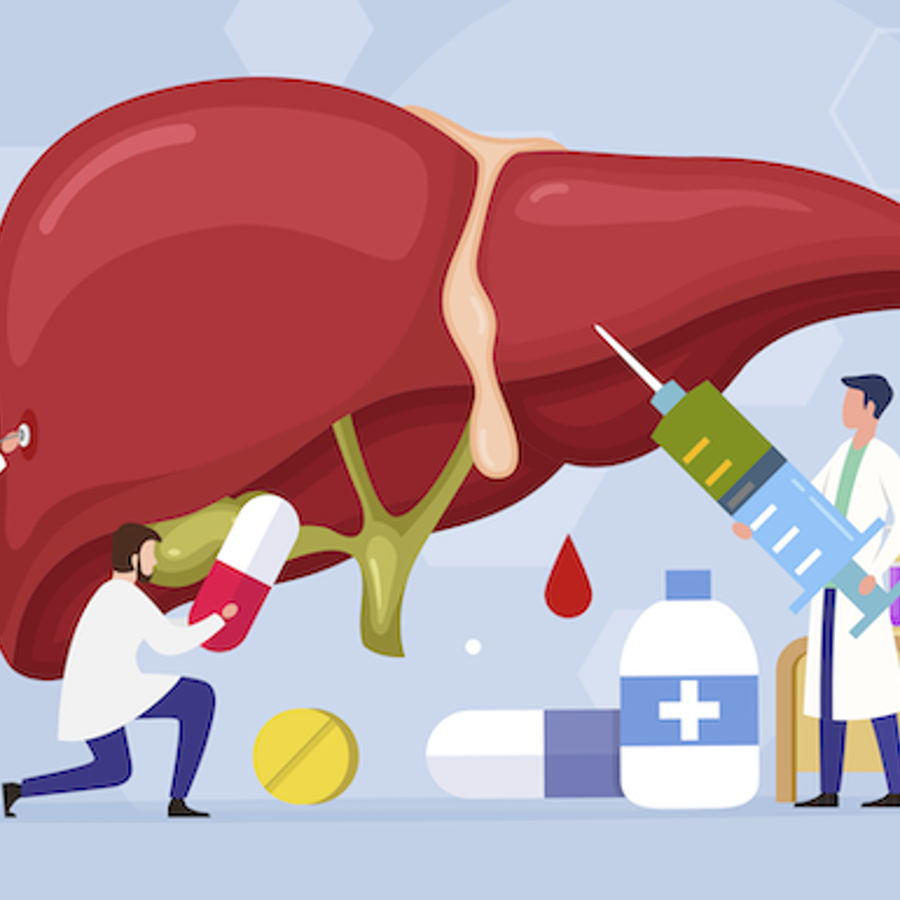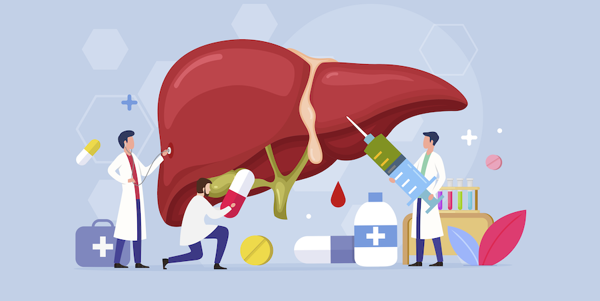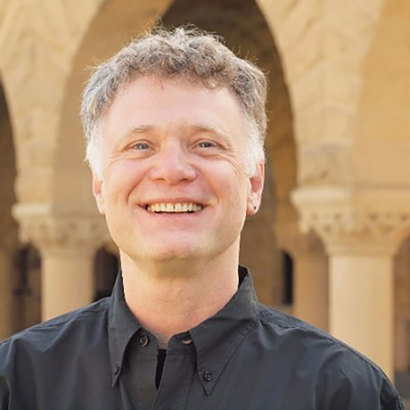
What are the chances of glycogen storage disease running in the family?
July 22, 2005

- Related Topics:
- Autosomal recessive inheritance,
- Genetic conditions,
- Medical genetics
A curious adult from Kentucky asks:
"My 3 yr old grandson was diagnosed as having glycogen storage disease type 3a. The doctors said it was genetic, but until he was diagnosed no one in our family had ever had a liver problem. What are the chances of this disease popping up again in our family? The doctors said his chances of getting this disease were 1 in 200 million."
Glycogen storage disease type IIIa (GSD Type IIIa) happens in about 1 in 100-200 thousand people in the general population and about 1 in 5,400 North African Jews.1 I am not sure where your doctor got his 1 in 200 million number.
It is indeed a genetic disease. What this means is that part of a certain gene, the GDE gene (also called AGL), is different in your grandson when compared to people without the disease. This change has made it so the gene either doesn't work at all or doesn’t work well enough.
You need a working copy of the GDE gene to get energy out of storage in your body. Because of this, people with GSD IIIa can often have problems with their liver and muscles, and need to eat small meals often or eat things that are digested slowly.
To get this genetic disease, both copies of the GDE gene must be broken. Remember, we have two copies of most of our genes -- one from our mother and the other from our father.
You won't get this disease if you have only one broken copy. But you will be a carrier. A carrier is someone who doesn't have a disease but can pass it on to his or her kids.
The way they can pass it on is if they have children with another carrier. When two carriers have children, each child has a 1 in 4 chance of getting the disease.
If this is indeed your situation, then there is a 1 in 4 chance for each of your grandson's brothers and sisters to develop the disease. Of course, this also means that there is a 75% chance that they won't.

The chances that your other children will have kids with GSD Type IIIa depend on whether or not they are carriers and who they have babies with. The chances that someone is a carrier depend on their parents.
If one parent has a broken gene, then chances are 50-50 that a child will be a carrier. If both parents are carriers, then there is a 50% chance for a carrier and a 25% chance for someone with the disease.
For your kids who aren't carriers, they will not pass on the disease. To have a chance to pass down the disease, a carrier needs to meet and have kids with another carrier.
How likely is it that a carrier will meet another carrier? If we assume that around 1 in 150 of the population is a carrier for this disease, the chances of a known carrier finding and having kids with another carrier are less than 1%*. This may be one of the reasons the disease hasn't been seen in your families before.
There are DNA tests available to figure out if your grandson's parents are carriers. It is often a good idea to speak with a genetic counselor before having a genetic test done. They can talk in more detail about the test, what its results might mean to your family, etc.
Of course, this discussion presumes that your grandson's parents are both carriers. There are other, more rare ways to end up with two broken copies, but these are extremely uncommon.
I hope this helped explain about the genetics of this rare disease. Just because one of your grandchildren has the disease, it doesn't mean they all will. Or even that any more necessarily will.
*The chances for two carriers to meet are 1 in 150x150 or 1 in 23000 or so.

Author: Dr. D. Barry Starr
Barry served as The Tech Geneticist from 2002-2018. He founded Ask-a-Geneticist, answered thousands of questions submitted by people from all around the world, and oversaw and edited all articles published during his tenure. AAG is part of the Stanford at The Tech program, which brings Stanford scientists to The Tech to answer questions for this site, as well as to run science activities with visitors at The Tech Interactive in downtown San Jose.
 Skip Navigation
Skip Navigation
